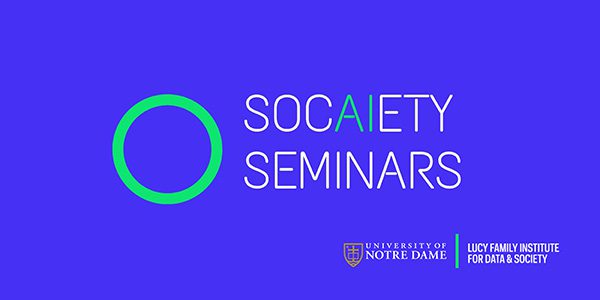Are we in this together?
In my daily neighborhood walks since the beginning of the pandemic, I commonly see signs proclaiming “we are all in this together.” In mid-March, as we shut down our society, sheltered at home, and cheered the heroism of those who provide medical care and other essential services, that sentiment felt good and right and true. Indeed, it is true at the highest level: as persons created in the image of God and endowed with equal dignity, we are called to work in solidarity for the common good and to ensure that the inherent worth of each person is respected in policy and in practice.
Now we are in mid-June. In the past three months, it has become abundantly clear that there are many aspects of this “novel” coronavirus that are not novel at all. And that being “all in this together” seems more aspirational than descriptive.
COVID-19 and racial disparities
There are massive racial disparities in how COVID-19 affects communities of color. Demographic data reveal that in the United States, African Americans are dying at rates nearly twice as high as we would expect based on their share of the population. Hispanics/Latinos account for a greater share of confirmed infections than their share of the population. White deaths from COVID-19 are lower than their share of the population in a majority of states. In Washington, DC alone, 75% of the people who have died from COVID-19 were African American.
Read the full article here.
Originally published on keough.nd.edu on June 10, 2020.
June 10, 2020


